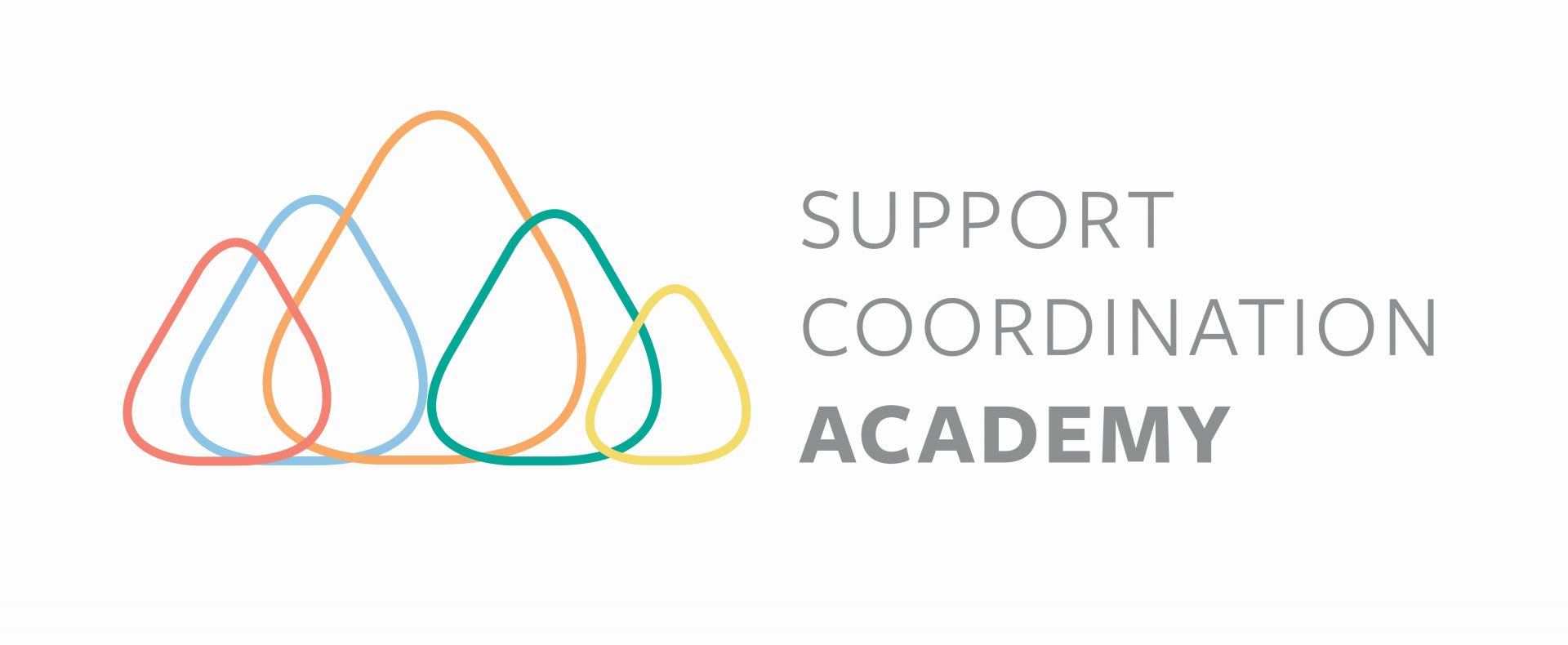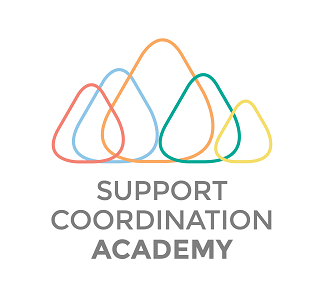Top Community of Practice Benefits for Support Coordinators
Experienced Support Coordinators and psychosocial
recovery coaches know that an NDIS Support Coordination course is just the
beginning of the NDIS education journey.
A Community of Practice for Support Coordinators and Psychosocial Recovery Coacheswas developed as a knowledge exchange and continuing professional development initiative in partnership with Support Coordination Academy, One Community and Kynd.
Encouraging mutual engagement of NDIS practitioners, sharing information, swapping stories of success, and generally supporting one another in learning and growth is an important pillar of a strong NDIS.
“You need to be aware of what others are doing, applaud their efforts, acknowledge their successes, and encourage them in their pursuits. When we all help one another, everybody wins." – Jim Stovall
What is a Community of Practice?
Good community design requires an insider's perspective to lead the discovery of what the community is about —Cultivating Communities of Practice
A Community of Practice is much more than a forum for people interested in the topic of Support Coordination. Most members of a community of practice are exactly that; practitioners and experts sharing a diverse repertoire of experiences, support, industry tools, and ways of overcoming NDIS-specific challenges.
Social anthropologist Jean Lave and educational theorist Etienne Wenger first used the term while studying apprenticeship as a learning model in their 1991 book, Situated Learning.
According to their research there are three crucial characteristics of a community of practice[1]:
- Domain: a common interest that connects and holds the community together
- Community: a community is bound by the shared activities they pursue (for example: meetings and discussions) around their common interests and knowledge
- Practice: members of a community of practice are professionals; what they do informs their participation in the community; and what they learn from the community affects what they do.
Expanding Your Network Within the NDIS Field
What do communities of practice look like?
While communities of practice share the three elements of domain, community, and a practice, they come in a variety of forms. A community of practice is more focused on social interaction among members, knowledge sharing, knowledge creation, and identity building than a set structure.[2]
The Internet has extended the reach of our modern communities beyond geographical limitations and opened up forms of real-time interaction that were impossible not so long ago.
What are the benefits of communities of practice for support coordinators?
The benefits of a community of practice for support coordinators and psychosocial recovery coaches include:
- promoting trust and a sense of common purpose in the NDIS industry
- providing support coordinators and psychosocial recovery coaches with access to relevant practical knowledge
- offering improvements for productivity and effective ways to navigate the NDIS
- creating a space for industry innovation
Discussions and questions within a community of practice are broad yet filled with practical applications for Support Coordinators. Common themes in a NDIS community of practice include:
- Problem solving “Can we work on this issue and brainstorm some ideas please?”
- Seeking experience “Has anyone worked with a participant in this situation?”
- Requests for information “Where can I find the right Support Coordination Software?”
- Discussing developments “How can the new NDIS update help my client?”
- Mapping knowledge and identifying gaps “Who knows what, and what are we missing? What other groups should we connect with?” “What service providers can we invite to provide us with more information?”
Developing professional skills within a community of practice
Each month, a free online session is scheduled, based on what people have told us they are keen to learn more about. These sessions are interactive with guest speakers who share their knowledge and generate discussions to help you develop your professional practice.
How do I catch up on recordings of previous sessions?
NDIS and Good Evidence, Session 1 of 3 explored how Social Workers can assist a participant to overcome barriers, and work alongside a support coordinator to empower a participant to build capacity, skills, and confidence to achieve their life goals.
One question that came through by a direct message was:
How would you guys suggest a support coordinator or a recovery coach appropriately approach an allied health professional about requesting any changes or additions to a report if they felt it wasn't capturing the evidence in its entirety?
NDIS and Good Evidence, Session 2 of 3 discussed Occupational Therapy and practical strategies to increase skills and knowledge around working with them and sharing ideas!
“As support coordinators you have a great insight about the individuals and your observations and input is really welcome so you might be able to share some information with us that wasn't apparent in the assessment process.”
“Support coordinators have really valuable insight about clients that we as clinicians may not have initially because we've only just met them.”
The interactive session included the question:
“What would be your recommendation to a support coordinator if they get a report and it doesn't appear to be up to scratch or not meeting the standard that they would expect?”
How do I join future online Community of Practice sessions for Support Coordinators and Recovery Coaches?
Session three in June 2022 will explore Good Evidence from the perspective of Psychologists supporting NDIS participants. Psychologist - Melanie Whitelaw from Therapy Pro will be presenting.
Come and join us here for our next interactive
online session
[1] E. Wenger, CoP: A brief introduction, http://wenger-trayner.com/introduction-to-communities-of-practice/
[2] Li L. C., Grimshaw J. M., Nielsen C., Judd M., Coyte P. C., Graham I. D. Use of communities of practice in business and health care sectors: a systematic review. Implementation Science. 2009;4, article 27 doi: 10.1186/1748-5908-4-27.


